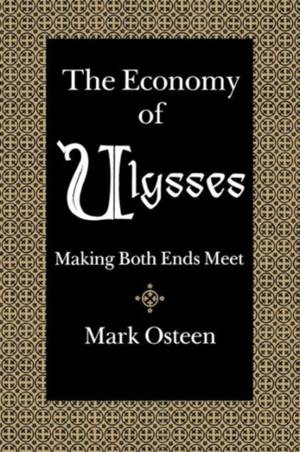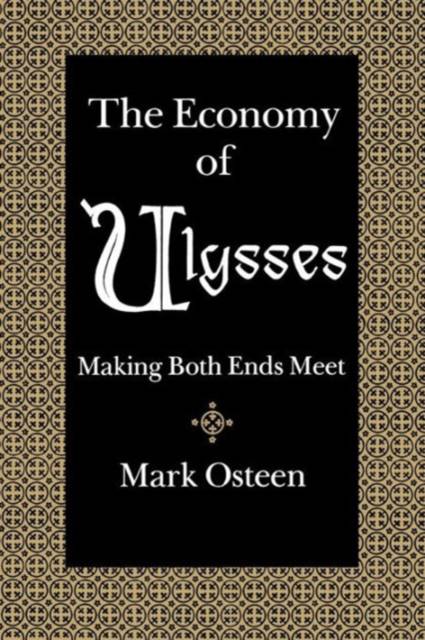
- Retrait gratuit dans votre magasin Club
- 7.000.000 titres dans notre catalogue
- Payer en toute sécurité
- Toujours un magasin près de chez vous
- Retrait gratuit dans votre magasin Club
- 7.000.000 titres dans notre catalogue
- Payer en toute sécurité
- Toujours un magasin près de chez vous
38,45 €
+ 76 points
Description
This original and wide-ranging study explores the "economies" of Ulysses using a number of different critical and theoretical methods. Not only do the economic circumstances of the characters form a significant part of the novel's realistic subject matter but the relationships between characters are also based upon modes of economic exchange. Moreover, the narrative itself is filled with economic terms that serve as tropes for its themes, events, and techniques.
Some of the subjects and topics covered include Joyce's own "spendthrift" background, gift exchanges and reciprocity as a fundamental means of reader/author relationship in the novel, money and language, Bloom as an "economic man," the "narrative economy" of "Wandering Rocks," the relationship between commerce and eroticism, the function of sacrifice in the creation of value, counterfeiting, forgery, and other crimes of writing, and a demonstration of how the encounter between Stephen and Bloom "makes both ends meet." The book brings together not only the opposed economic impulses in Joyce but also the conflicting strains of regulation and excess in the novel's structural economy.Spécifications
Parties prenantes
- Auteur(s) :
- Editeur:
Contenu
- Nombre de pages :
- 484
- Langue:
- Anglais
- Collection :
Caractéristiques
- EAN:
- 9780815626619
- Date de parution :
- 01-05-95
- Format:
- Livre broché
- Format numérique:
- Trade paperback (VS)
- Dimensions :
- 152 mm x 229 mm
- Poids :
- 585 g







